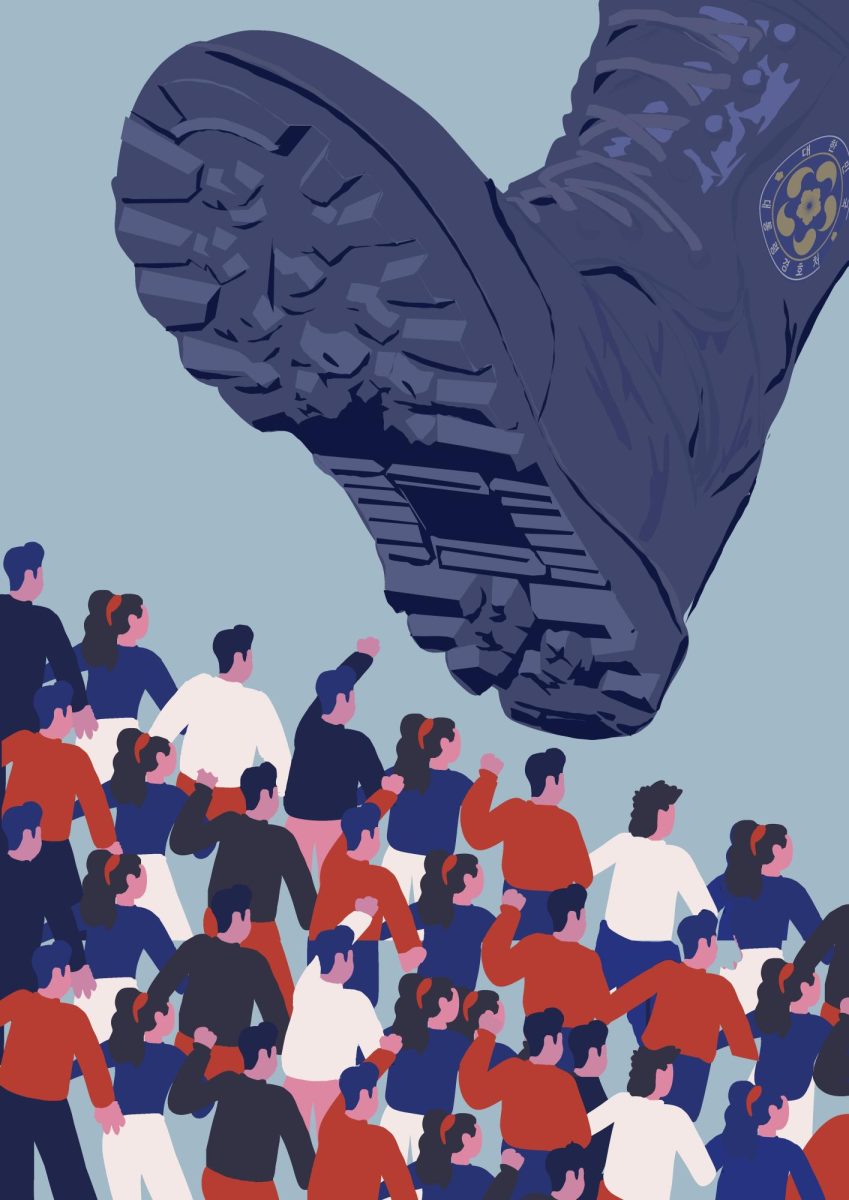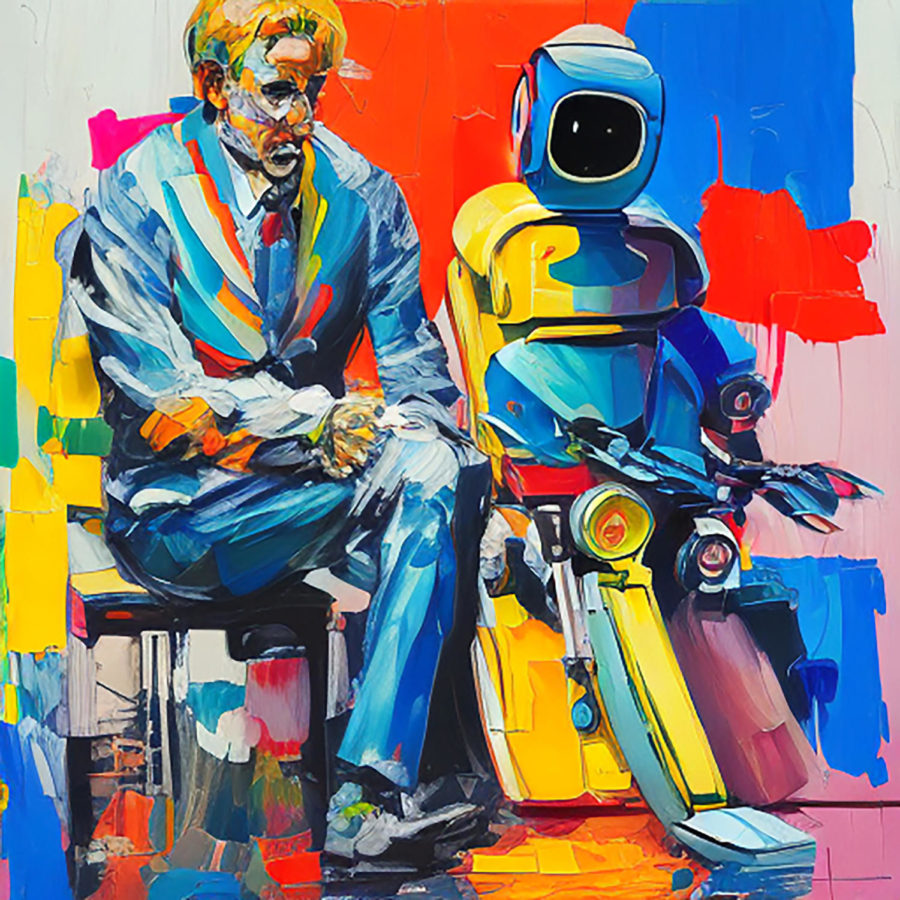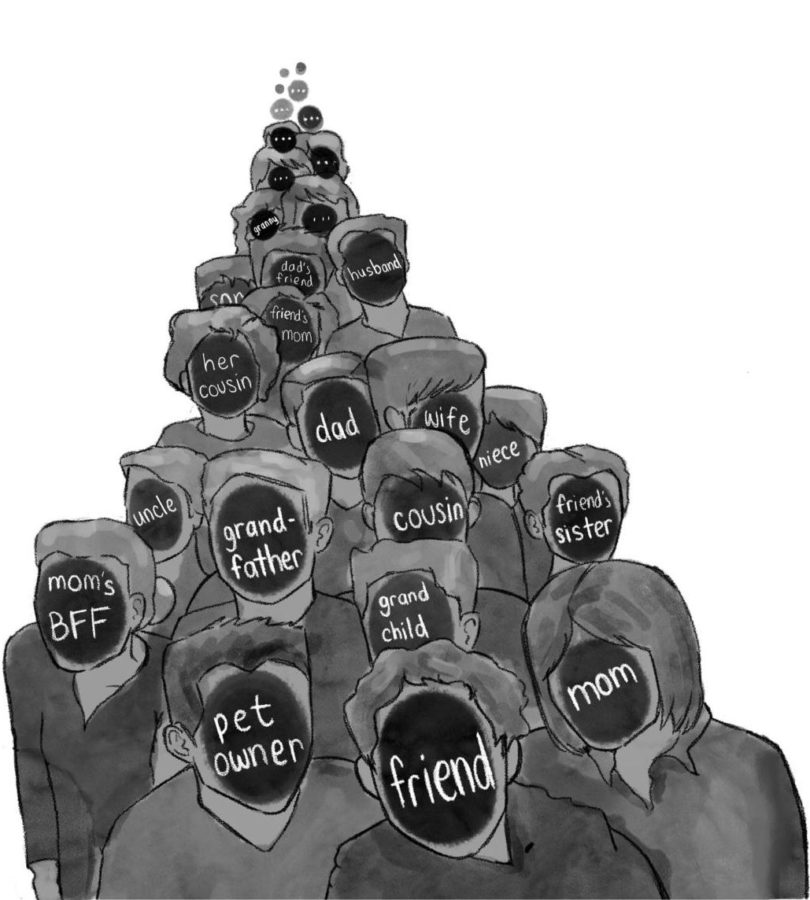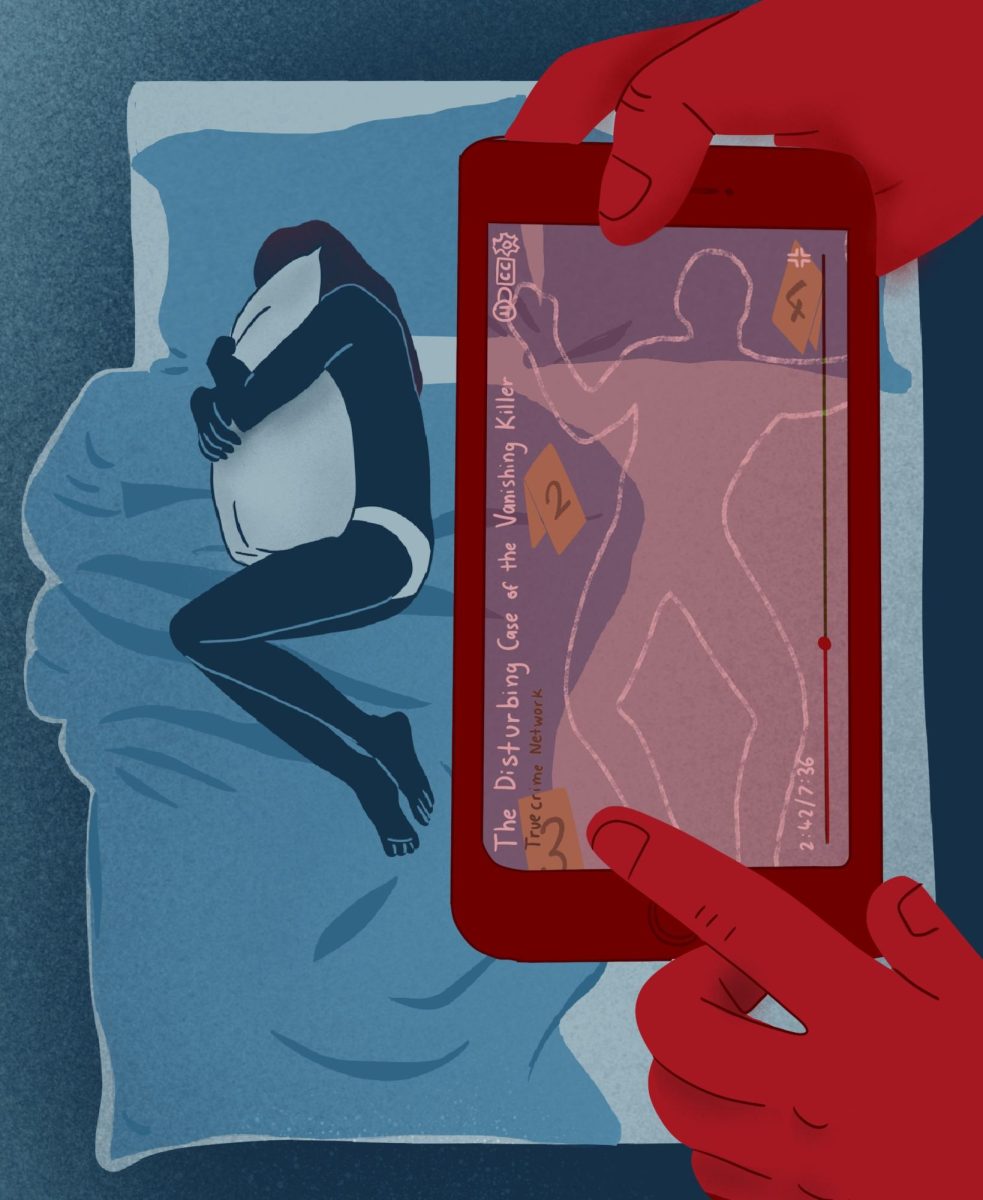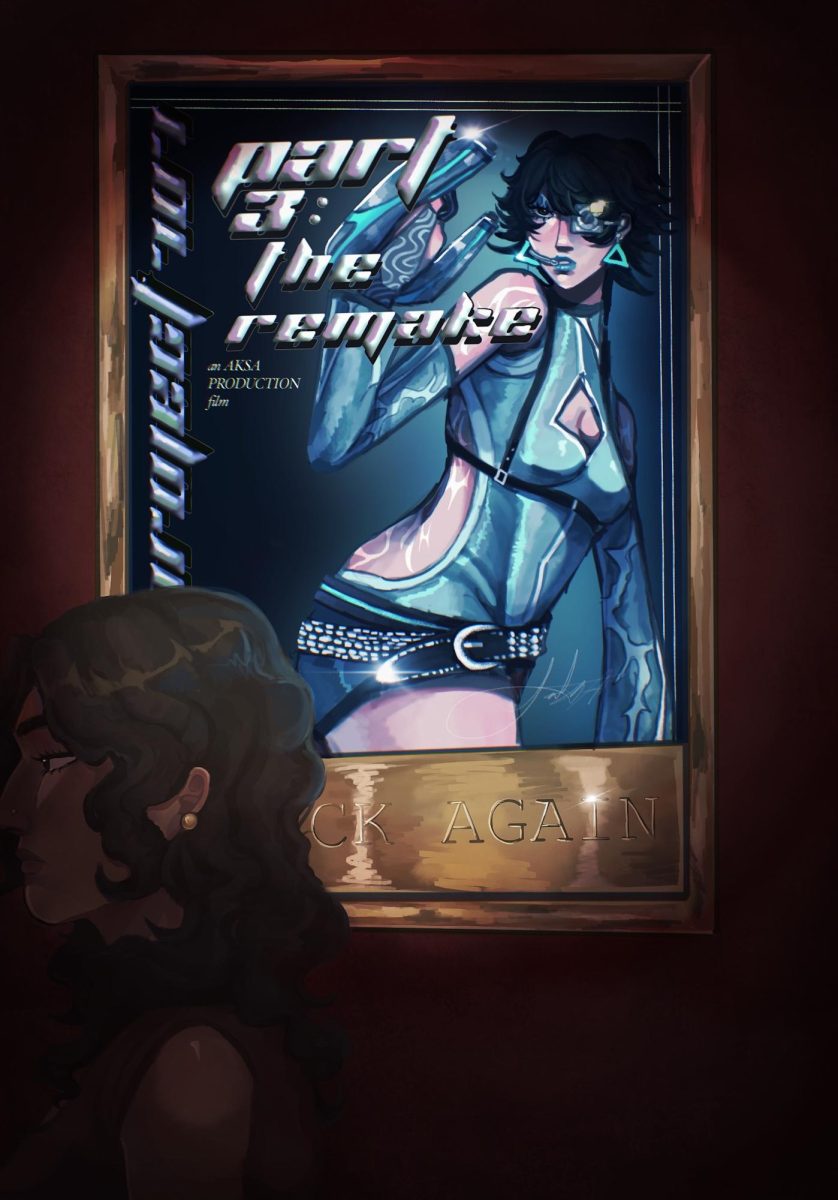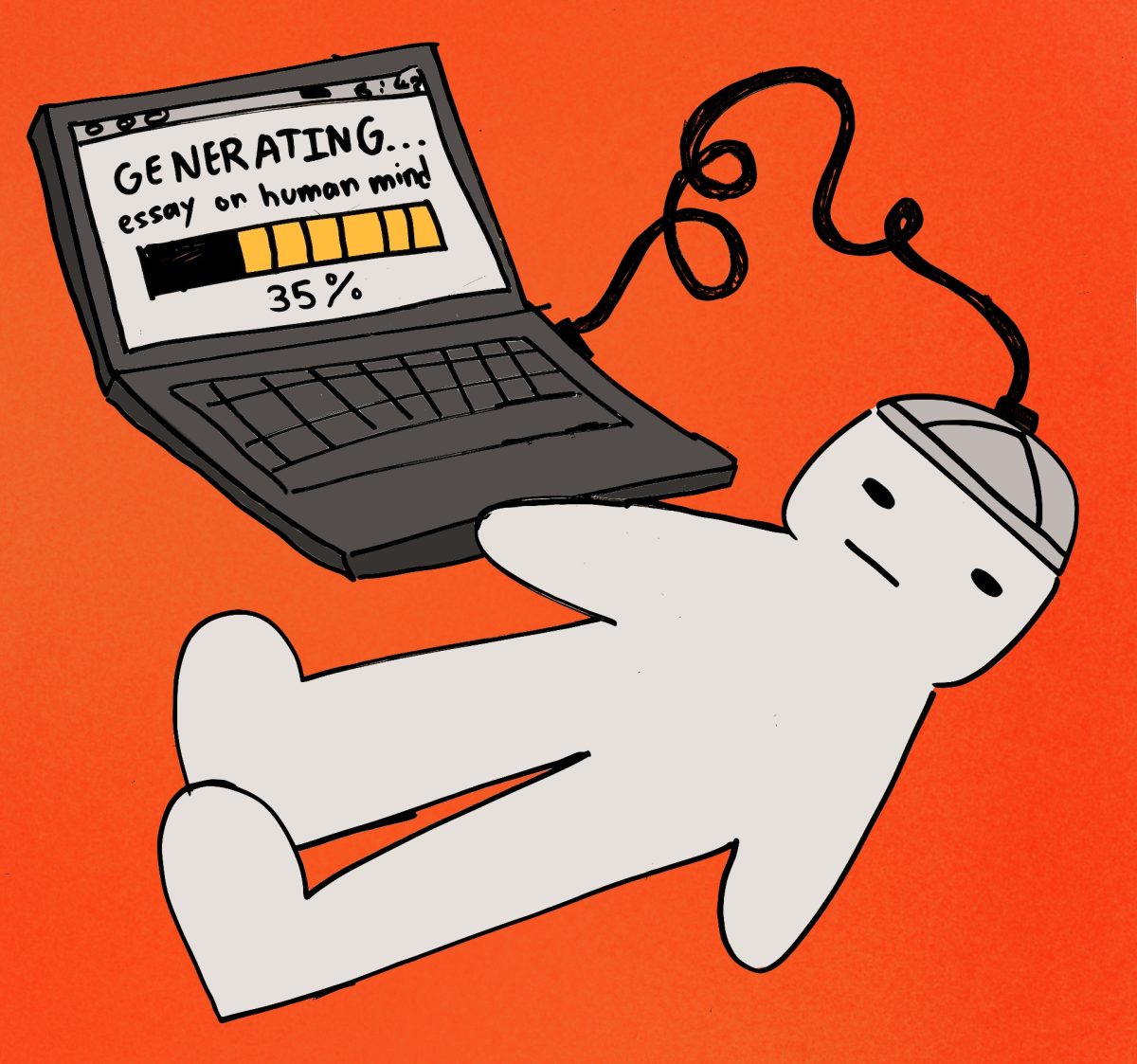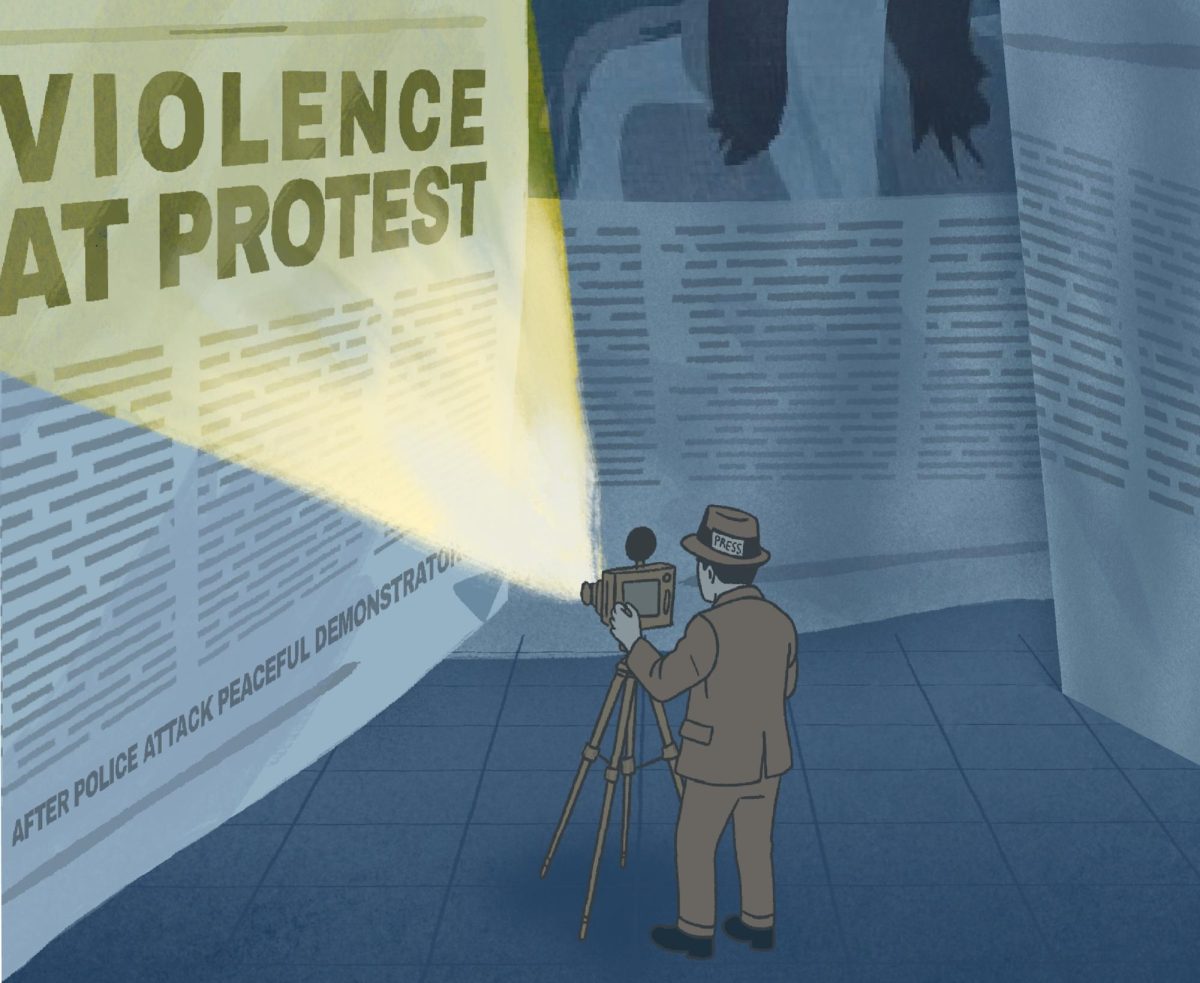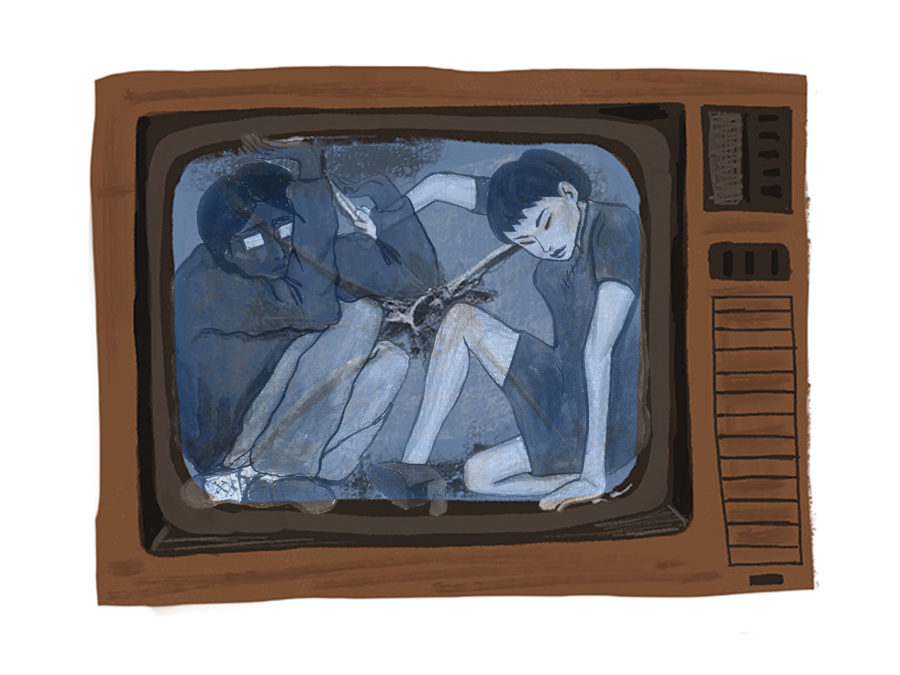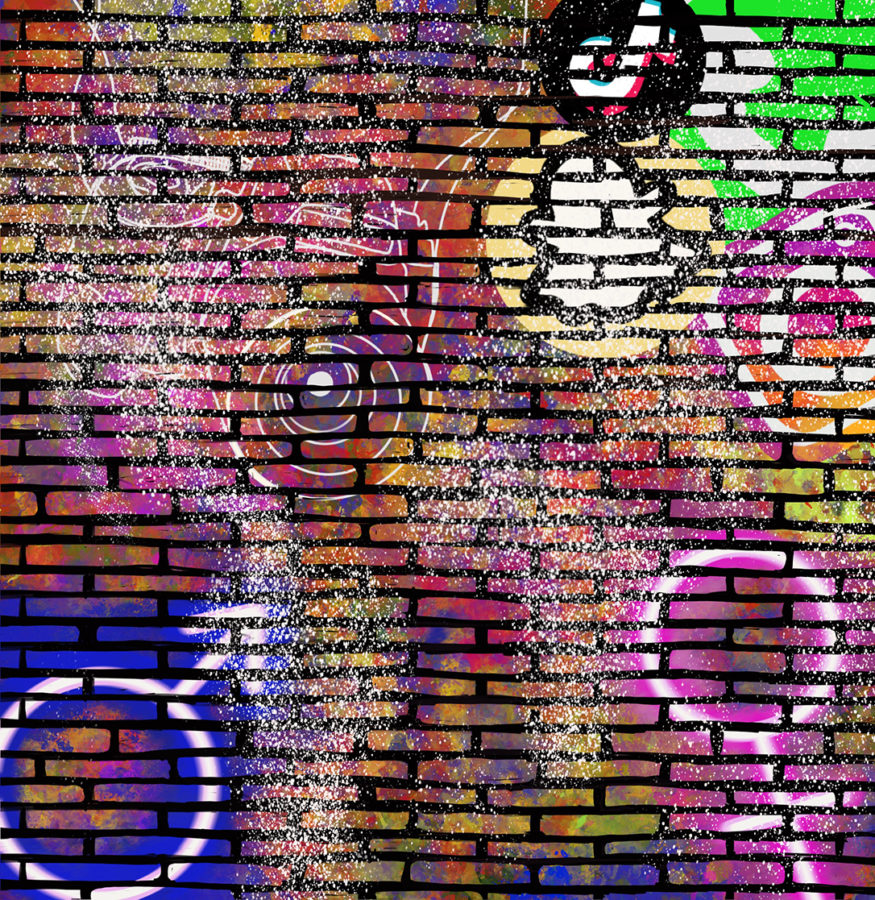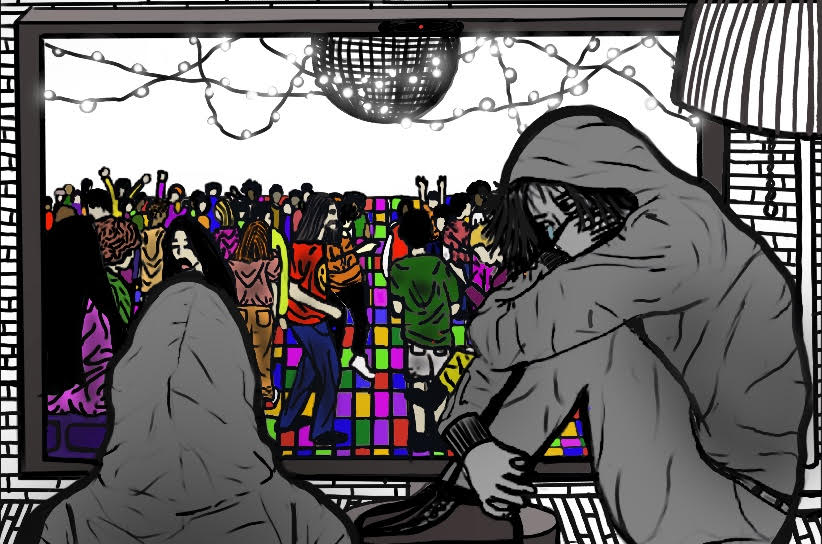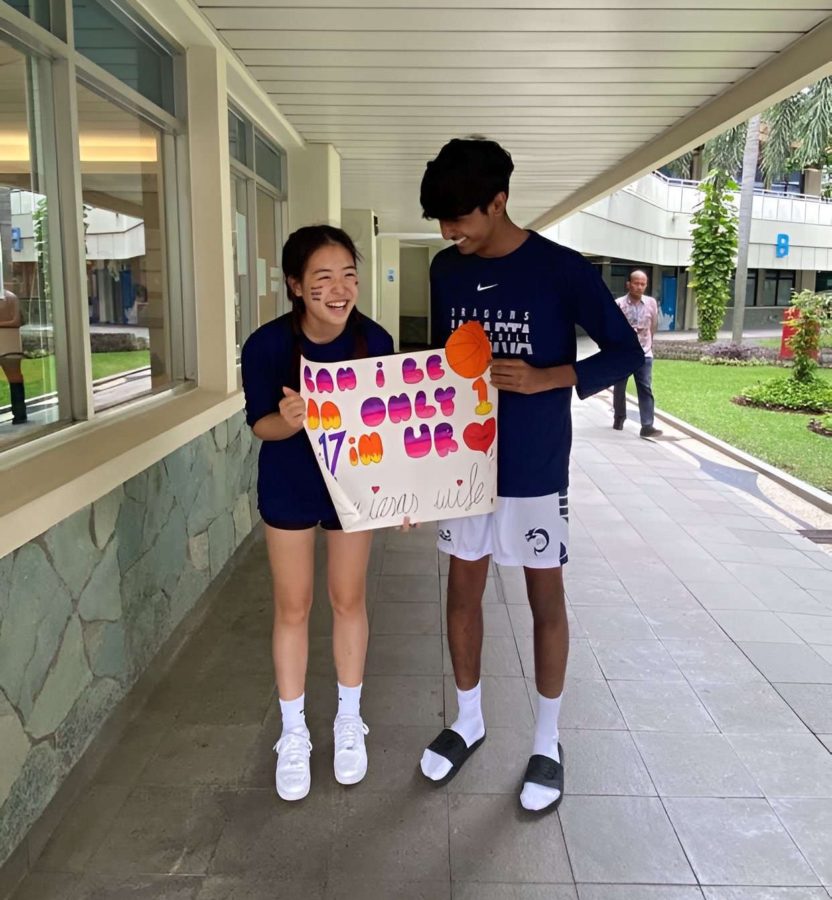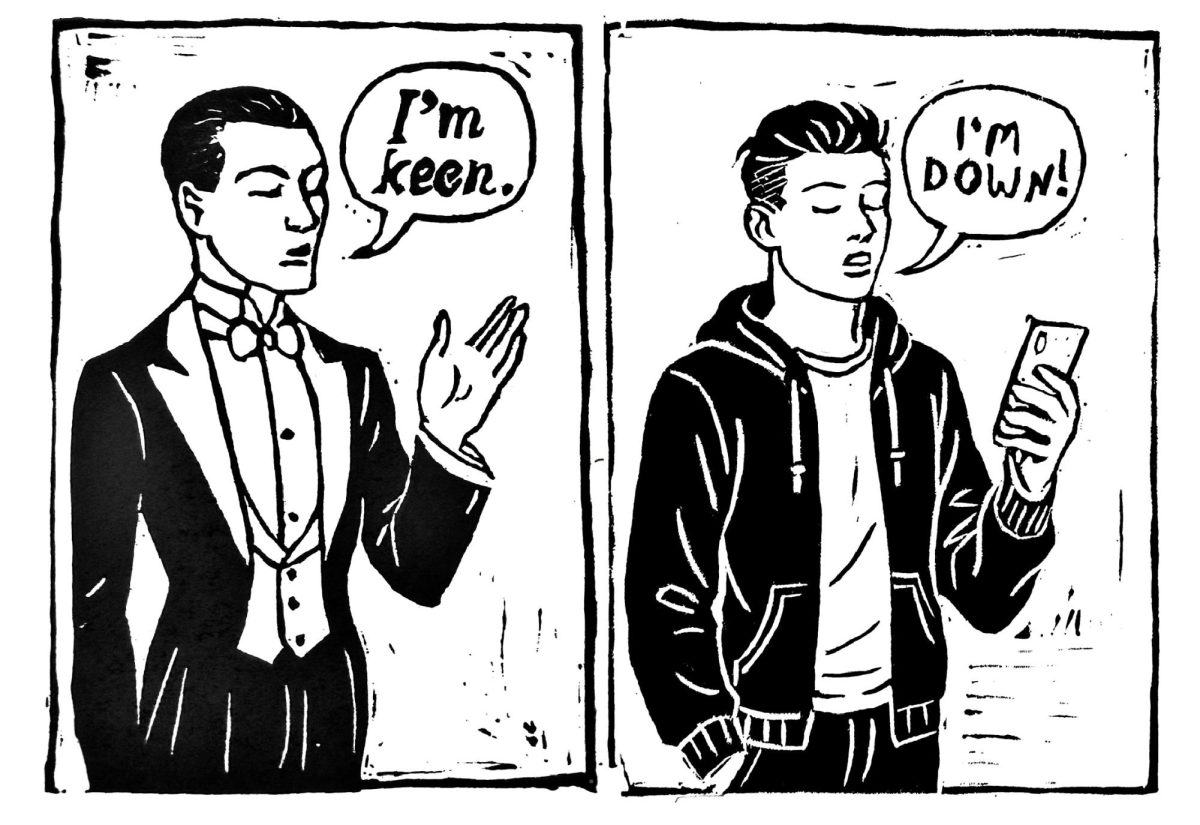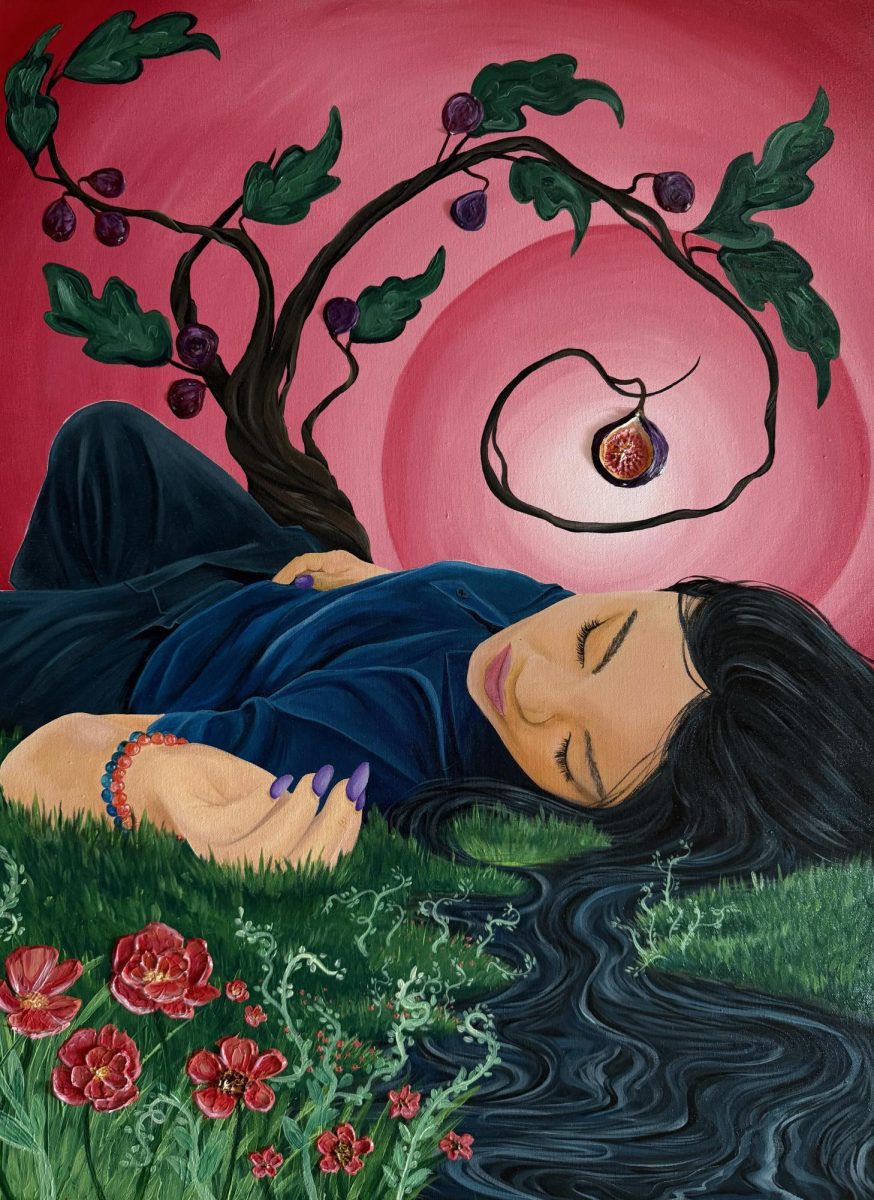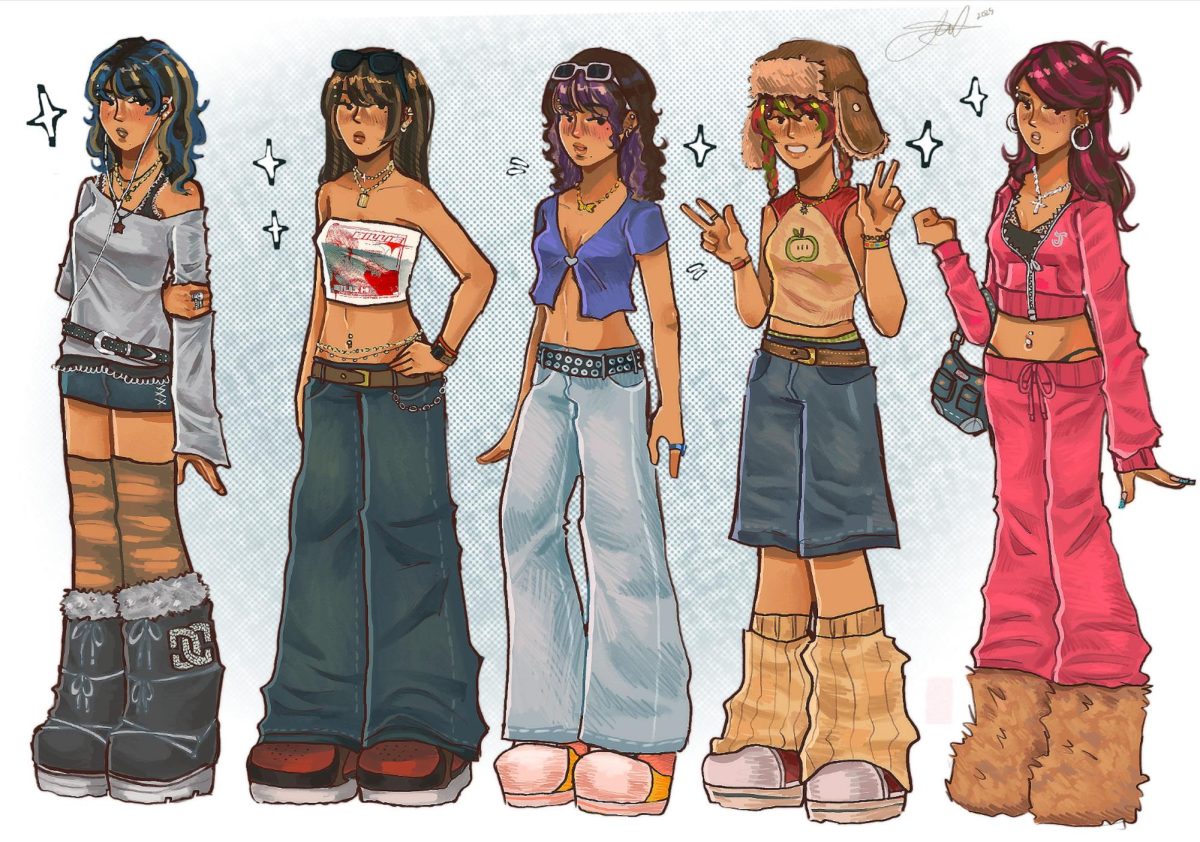What constitutes an idol? Essentially, any and all notable individuals are profiles open to be worshiped. This includes those in office.
In today’s social media-driven landscape, political candidates actively engage on platforms such as Twitter (currently “X”) and Instagram to promote their own campaigns, inadvertently subjecting themselves to the spotlight of fandom culture. However, this idol worship of those in power poses harmful ramifications, typically towards the worshiper. Having an emotional attachment to people in power leads to both a blind loyalty and clouded perception that they can do no wrong, allowing the oppressor to act with impunity. It sets a dangerous precedent.
People form parasocial relationships because the continuous exposure of a profile creates a sense of intimacy and perceived connection. Take any modern fanbase, and realize that all their devotion is based on a carefully crafted facade, fan service, and far too much time spent on the internet. With these emotional attachments established, there come changes with how people perceive and engage with their beloved public figures. This is typically harmless, usually presenting itself in social media fights of who performed better. However, when it comes to civil servants, it’s important to remember that they exist to make decisions that have a national impact, not to gain celebrity status. When they are lionized, it undermines holding politicians accountable for their actions and discourages healthy criticism and discourse.
Take Ruth Bader Ginsburg and her contribution to environmental damage. The late Associate Justice of the United States Supreme Court was revered and idolized for her resolutions on inequality and women’s rights, yet people fail to acknowledge her support and involvement in clearing the Appalachian Trail for the construction of a pipeline, despite the objections of environmental activists. Alas, she was never fully held accountable for causing harm to the ecosystem and wildlife in the surrounding area.
As some would say, silence is compliance. The act of not speaking up for the environmental injustice RBG contributed to directly enforced the exemption of accountability from this political figure. However, while neutrality does benefit the oppressors, it doesn’t reflect on the supporters as much as direct harassment.
The Diehard Duterte Supporters (DDS), a group of political extremists supporting the former President of the Phillipines Rodrigo Duterte, demonstrate unwavering allegiance to Duterte without the adherence to any singular political ideology, and are instead identified simply by their loyalty towards him. They fiercely defend Duterte’s controversial policies, mirroring his vitriolic speech by engaging in aggressive online behavior. This includes bullying and harassment directed at activists, political opponents, and even other Duterte supporters who they believe to be unloyal. Despite Duterte’s claims to socialist beliefs, the DDS align themselves with far-right ideals and overlook contradictions in Duterte’s actions, including his engagement in negotiations or interactions with certain groups or individuals that he has publicly criticized or opposed. The allegiance of the DDS extends to attempts to undermine criticism and discourse, which, according to Filipino observers, embodies a successful hate group.
The methods employed by the DDS are no doubt extreme. However, possibly the most prevalent example of politician idolatry becoming harmful is Ex-United States President Donald Trump’s community of followers throughout his 2017-2021 term and failed re-election. A cult of personality within his followers had already presented itself through his #MakeAmericaGreatAgain campaign printed on hats, shirts, and bumper stickers, but the most damning display of support has to be the attack on the United States Capitol following his loss of the 2020 presidential election. A mob of supporters sought to prevent the formalization of current President Joe Biden as his successor by rioting, looting, and attempted bombing, leading to several fatalities and hundreds of injuries. Even months later, when Trump was in the process of his second impeachment, he lost virtually none of his followers.
While many claim to be supporting certain politicians as a form of activism, more often than not they forget that all public figures, but especially politicians, are fundamentally actors who reveal and conceal what they want. When we put faith in someone who is just as prone to making mistakes as we are, it makes it all the more simpler to lose hope in the political process entirely. Admiring a person in power who is seemingly aiming for great things is fine within reason, however ultimately, they should serve as public servants, not infallible figures to be worshiped.

